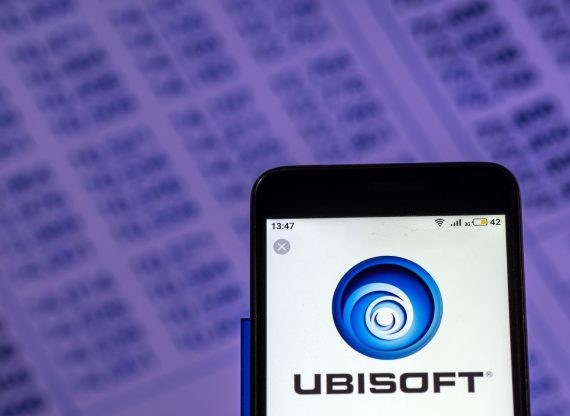Living at the expense of Quebec taxpayers: The Ubisoft recipe

We Quebec taxpayers have been subsidizing French video game giant Ubisoft for 20 years. And despite the millions of dollars of tax credits received from the Quebec government, the head office based in France, in the first six months of the year, has only registered a meagre profit of $1.3 million on revenues of more than $1 billion.
Between 2013 and 2017, the company generated net profits of $634 million while receiving $615 million in subsidies. Without the government’s help, Ubisoft is unprofitable.
It’s scandalous. The worst thing is that Quebec has committed to maintaining this form of aid until 2027!
Of course, we hear the same argument, ad nauseam: “Subsidies contribute to the creation of wealth and jobs.” This is just not true. In general, subsidies simply displace jobs that would have been created anyway. And it’s not as if there’s a shortage of video game developers in the world…
Subsidies are inefficient and their adverse effects are well-known. Tax credits distort the economy and impose considerable costs on taxpayers, without necessarily producing net benefits. Indeed, the government ends up confiscating money from the most successful companies to the benefit of others that have not succeeded in convincing private investors that they are worthwhile. Currently, in Montreal, profitable technology sector companies struggle to hire because of Ubisoft’s unfair advantage, which allows them to offer salaries subsidized by you and me.
The government’s record when it comes to choosing winners and losers is not impressive (think Bombardier and Rona). Instead of deciding to give money to Company X instead of Company Y, the government should eliminate this kind of subsidy, and use the savings generated to reduce the tax burden for ALL companies. They could then focus more on their primary mission, which is to innovate and create wealth, not curry favour from politicians.

